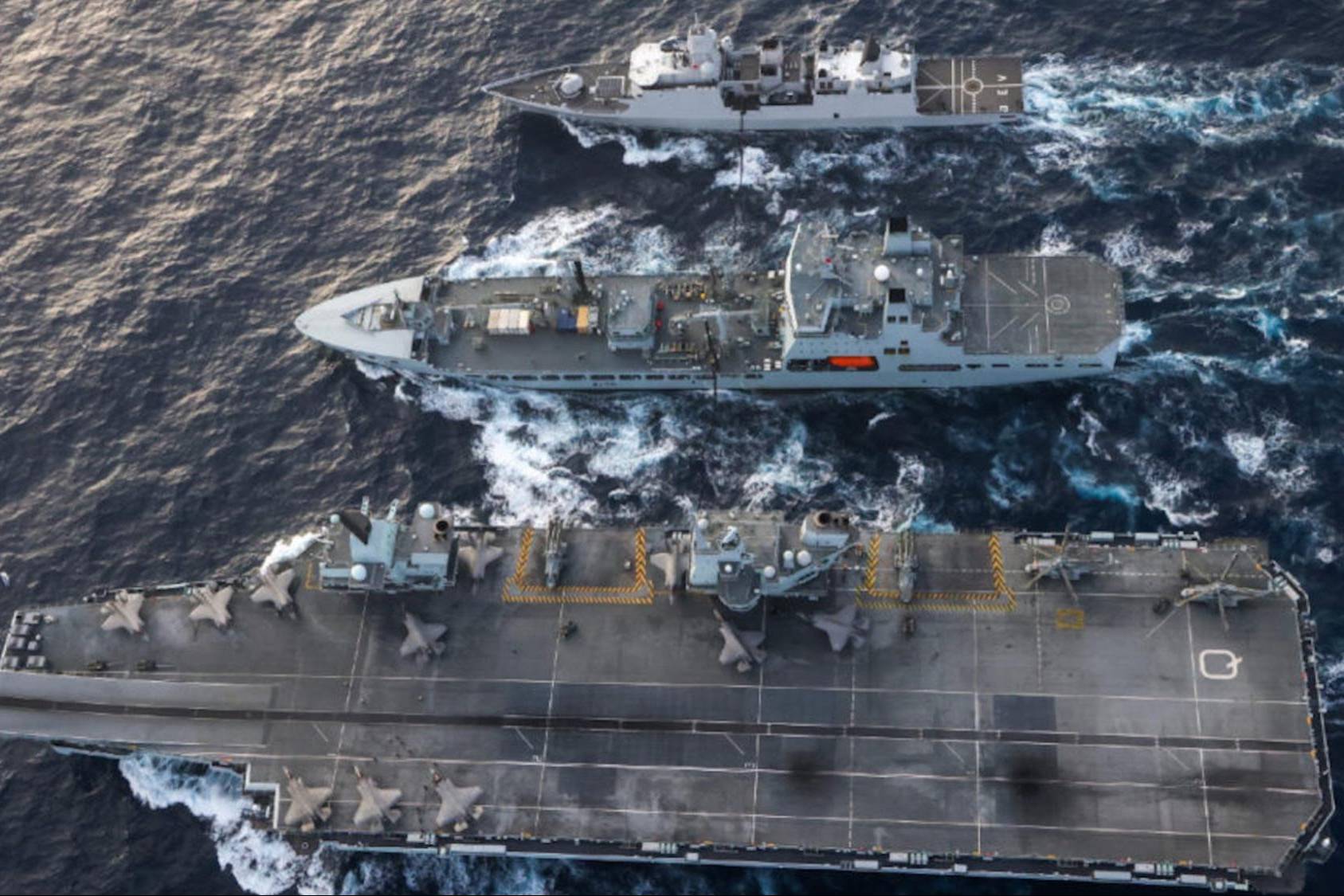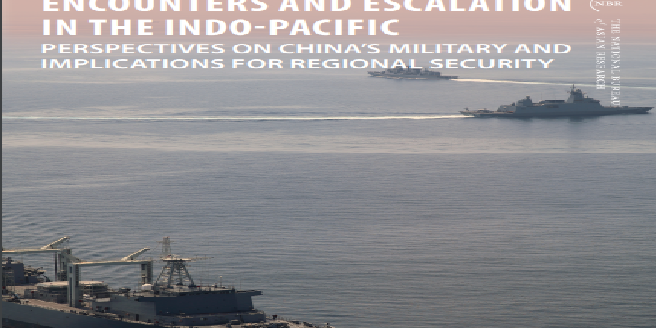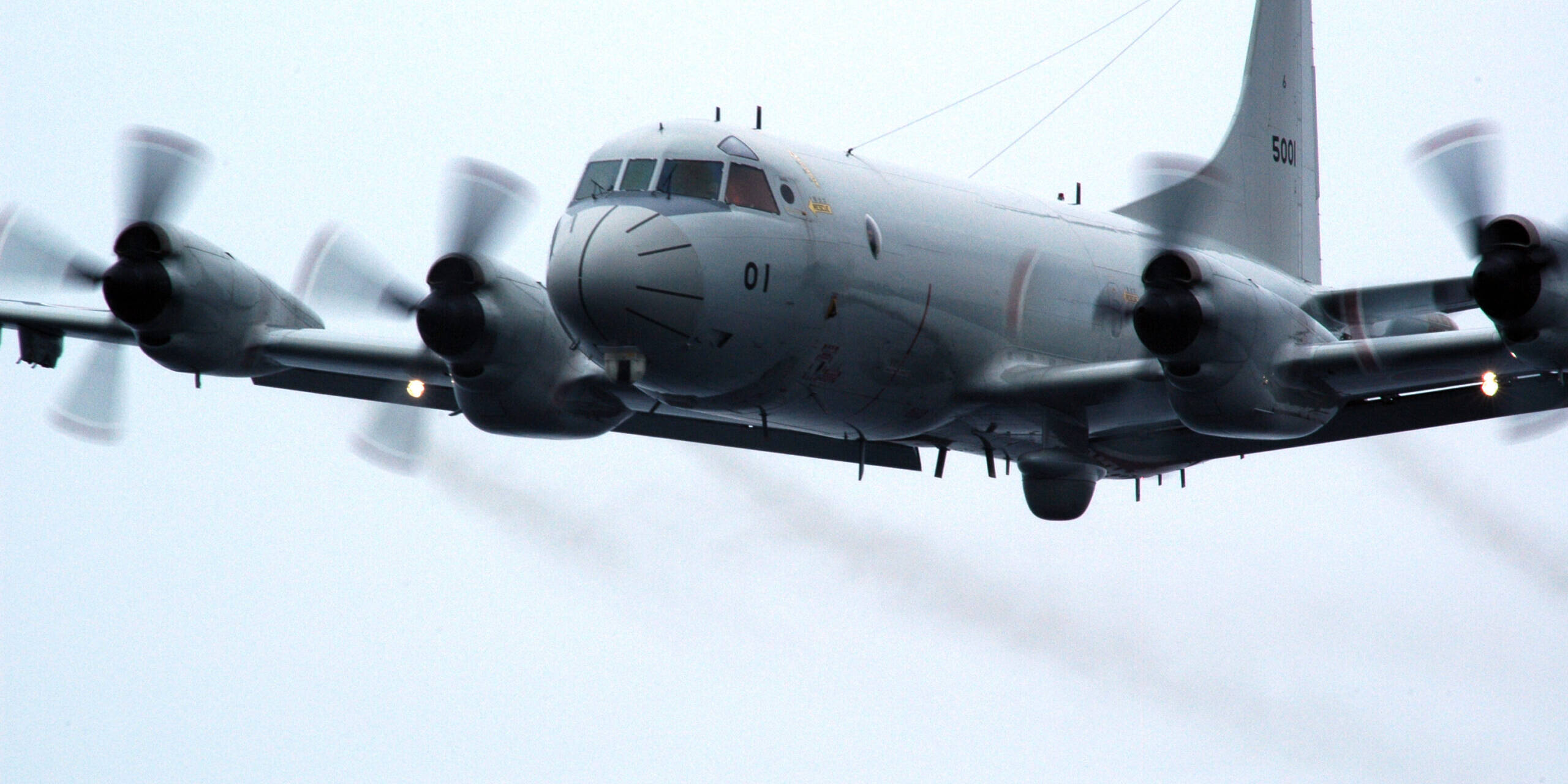David Scott, for Pacific Forum
This paper looks at European contributions to the Indo-Pacific maritime order. The policy significance is two- fold. Firstly, the Indo-Pacific has become an increasingly crucial geographic region, with a constellation of leading powers. The United States and Japan face a rising China, with India a vital swing state. European powers are now faced with choices of policy in response to power competition in the Indo-Pacific. This also reflects the rising geo-economic importance of the region, home to the world’s most populous countries, India and China, and critical commercial sea lanes. Secondly, European actors–France, Germany, the Netherlands, the United Kingdom, and the European Union (EU) –have all announced various specific Indo-Pacific strategies to support their interests. Nevertheless, despite European interests and contributions to Indo-Pacific security, the European response to China-related maritime challenges, such as those in the South China Sea, has been too limited. European states are finding it difficult to balance national security interests tied to maritime stability and rules-based order in the region, with economic interests tied to China, the world’s second-largest economy. Europe needs a principled approach and a long-term view of its overall interests in the South China Sea and the wider maritime Indo-Pacific.
To download the full paper, please go to Pacific Forum website, here.
The author participated in the Indo-Pacific Maritime Security Expert Working Group’s 2021 workshop organized by the Principal Investigator, which took place virtually on March 23-24. The working group, composed of esteemed international security scholars and maritime experts from Japan, the United States, and other Indo-Pacific states, was formed to promote effective U.S.-Japan cooperation on maritime security issues in the region through rigorous research on various legal interpretations, national policies, and cooperative frameworks to understand what is driving regional maritime tensions and what can be done to reduce those tensions. The workshop’s goal is to help generate sound, pragmatic and actionable policy solutions for the United States, Japan, and the wider region, and to ensure that the rule of law and cooperation prevail in maritime Indo-Pacific.
The Indo-Pacific Maritime Security Expert Working Group’s 2021 workshop was funded by a grant from the U.S. Embassy Tokyo, and implemented by Pacific Forum, in collaboration with the Yokosuka Council on Asia Pacific Studies (YCAPS).
The statements made and views expressed are solely the responsibility of the author. For questions, please email jordani@tiu.ac.jp.



